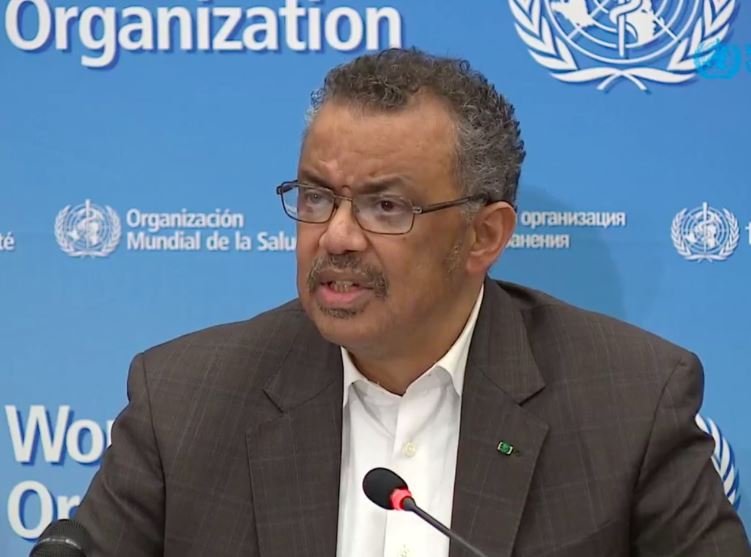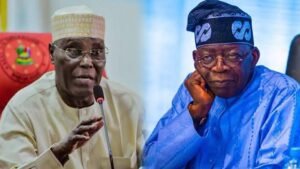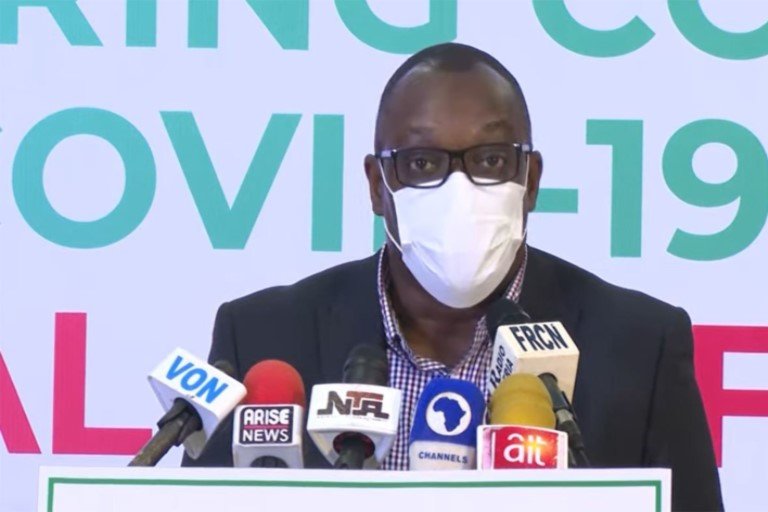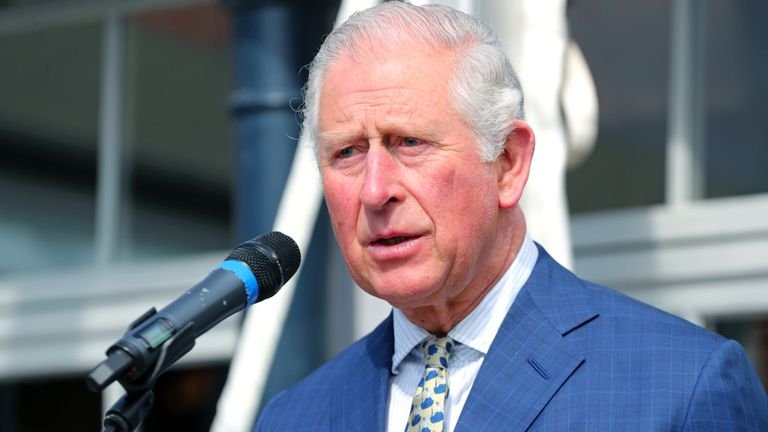Despite Canadian officials’ claims that two passengers from Nigeria tested positive for the Omicron variant of the COVID-19, the Federal Government emphasized on Monday that Nigeria has yet to record a case of the virus.
Ifedayo Adetifa, Director-General of the Nigeria Centre for Disease Control, stated at a Presidential Steering Committee briefing in Abuja that there was no need to give in to speculation.
“I do not encourage citizens to waste energy on speculating,” he said. “I think what we need to do is to focus on what we actually know. And what we know, for now, is that we do not have a case in Nigeria at the moment.
“Now, we have a pipeline of samples that are in process, whose results will be ready tomorrow; so this situation, of course, can change.”
Minister of Health, Osagie Ehanire, said authorities were “adopting a watchful, waiting posture.”
The Omicron variant, discovered in South Africa, is thought to be highly transmissible, but it is unclear how dangerous it is to public health.
The World Health Organization has designated Omicron as a “variant of concern,” and countries around the world are restricting travel from southern Africa, where the new strain was discovered, as well as taking other precautions.
On Sunday, Canadian authorities announced that the country had discovered its first cases of the new strain in two people who had recently travelled to Nigeria.
Members of the PSC, however, stated that they were waiting for more information from their Canadian counterparts because there are no direct flights between Nigeria and Canada.
The Pandemic Treaty
Meanwhile, the WHO believes that by signing a pandemic preparedness treaty, the world will be able to say “never again” to the wreckage of Covid-19.
Tedros Adhanom Ghebreyesus, Director-General of the World Health Organization, stated on Monday that another disastrous pandemic was unavoidable unless countries demonstrated a commitment to strengthening global defences.

From Monday to Wednesday, nations will gather in Geneva to discuss an international agreement outlining how to deal with the next pandemic, which experts believe is only a matter of time.
The gathering takes place as the planet is still besieged by Covid-19, nearly two years after the first cases were reported in China, and is now being shaken by Omicron.
WHO member states reached an agreement on Sunday to begin the process of drafting a pandemic treaty.
The draft decision was secured after countries agreed to compromise, including the United States, which is split on whether the outcome should be a legally binding treaty.
On Wednesday, the decision is expected to be formalized.
Shadow of Omicron
“The emergence of the highly-mutated Omicron variant underlines just how perilous and precarious our situation is,” Tedros told world leaders at the start of the three-day gathering.
“Omicron demonstrates just why the world needs a new accord on pandemics.
“Omicron’s very emergence is another reminder that although many of us might think we’re done with Covid-19, it’s not done with us.
“It will all happen again unless you, the nations of the world, can come together to say with one voice: never again.”
This World Health Assembly meeting — the WHO’s decision-making body, comprised of all 194 member states — is an unprecedented special session on how to deal with the next pandemic.
It should determine how far countries are willing to go toward legally binding commitments on issues such as equitable vaccine distribution, knowledge-sharing, financing, and oversight structures, with any final agreement set to take effect in 2024.
A key issue in the future may be whether countries want the WHO to have expanded powers to investigate outbreak sources. Tedros stated that early in the Covid pandemic, a lack of data sharing was a hindrance.
“One of the expectations of this treaty is to be able to improve the WHO’s capacity to monitor and assess the situation in countries: the investigative power of WHO,” a French diplomatic source said.
‘Make history’
Chilean President Sebastian Pinera said the world was unprepared for Covid-19 and “for that weakness, we all paid a great price.”
“Steps must be taken to ensure that this will not happen again, that when the next pandemic comes, and it will come, it will find us better prepared,” he said.
Under the draft decision, WHO member states agree to establish an intergovernmental negotiating body “to draft and negotiate a WHO convention, agreement or other international instruments on pandemic prevention, preparedness and response”.
The body’s first meeting must be no later than March 1 next year to elect two co-chairs and four vice-chairs.
A progress report will be presented at the regular World Health Assembly annual gathering in 2023, with the final outcome presented for consideration at the 2024 WHA.
European Council President Charles Michel, who first got the ball rolling on a pandemic treaty, said: “I hope we will make history. The situation in the world demands it.
“Yesterday’s informal agreement is a huge step, and now it’s time to capitalise on this momentum to make the world a safer place.”
German Chancellor Angela Merkel called for reform of how countries fund the WHO so it can react more flexibly to crises.
“Measures for better prevention and response to pandemics should be laid down in a pandemic treaty, binding under international law,” she said.
Swiss Health Minister Alain Berset said the world needed to take immediate, bold action, as he called for a legally-binding instrument.
“The issues at stake are too important. We don’t have the right to fail,” he said.











